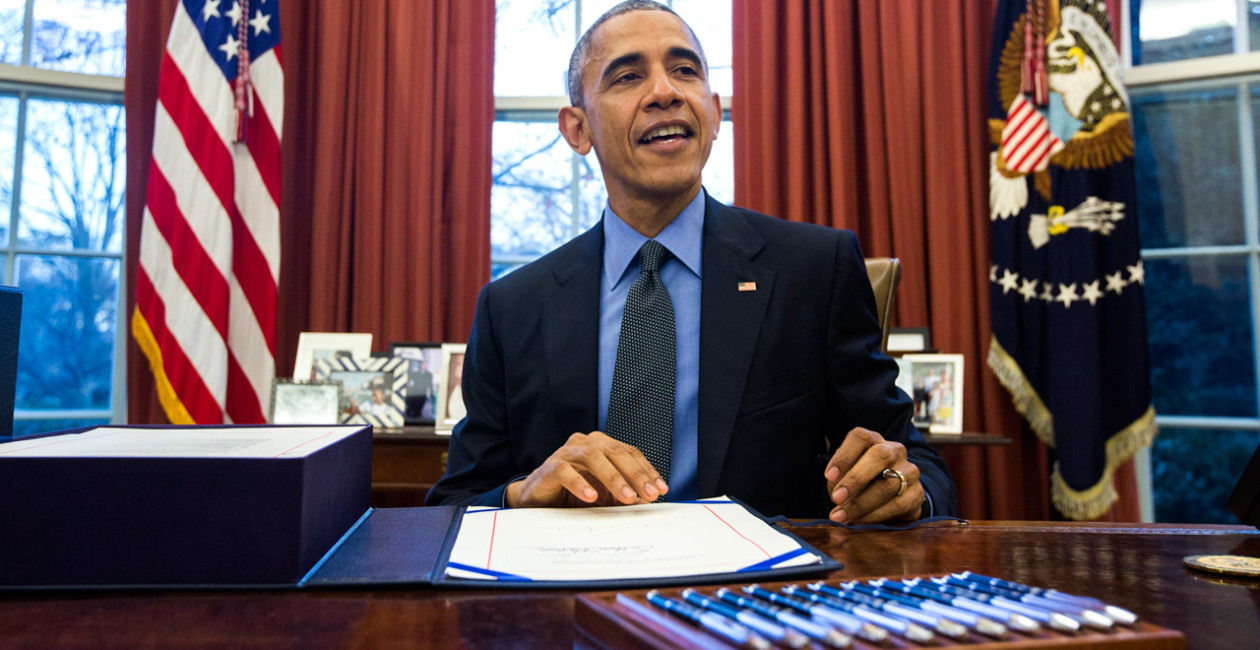
if you think georgia’s so-called “religiousliberty bill†is straight up tripping, historically speaking, you are correct! on monday, georgia governor nathan deal announcedhis plan to veto house bill 757, titled the free exercise protection act. if passed, itwould allow private individuals, businesses and non-profit organizations to deny servicesto customers on the basis of religious principle. or, in the words of the proposed legislationto “protect against infringement of religious freedom.†while the lgbtq community wasn’texplicitly cited in the bill’s language, these types of religious freedom acts, orriff-rahs, have historically been used to restrict services they could otherwise freelyaccess.
but here’s the twist: while georgia’srfra is overwhelmingly supported by conservative christians, its legal precedent has nothingto do with jesus. that’s right: rfras all trace back to the 1990 u.s. supreme courtcase employment division, department of human resources of oregon vs. smith. native americans alfred smith and galen blackwere fired from a private drug rehabilitation facility after their employer discovered theyhad ingested peyote as part of a religious ceremony in the native american church theyattended. smith and black were then subsequently denied unemployment benefits since their firingwas attributed to “misconduct.†smith then sued the state for violating hisfirst amendment rights to religion and speech.
in 1990, the case arrived at the supreme courtfor the second time, and scotus ruled in favor of oregon’s state government. writing the majority court opinion, justiceantonin scalia presented a slippery-slope argument: if such religious exemptions areupheld, it “would open the prospect of constitutionality required exemptions from civil obligationof almost every conceivable kind.†scalia further hypothesized that if the courtsided with the native american plaintiff, then it might open the door for folks to skirtall sort of legalities on the basis of religion, such as paying their taxes, caring for theirchildren and getting vaccinated. disagreeing with the high court’s verdict,the u.s. congress passed the religious freedom
restoration act of 1993, barring state andfederal governments from “substantially burdening a person’s exercise of religion.†immediately upon signing the bill, a crewof u.s. senators hightailed it out of the capitol building to a peyote ceremony. justkidding….we think. georgia isn’t the only state to jump onthe rfra bandwagon ever since. as of 2015, twenty u.s. states have passed various rfras.for now, the jury is out on whether the georgia gop will overturn the governor’s veto, uppingthat number to 21. but what do you think? are these laws necessaryor discriminatory? get in touch and let us know. and to learn more about the storiesbehind today’s headlines,
visit now.howstuffworks.com every day.
No comments:
Post a Comment